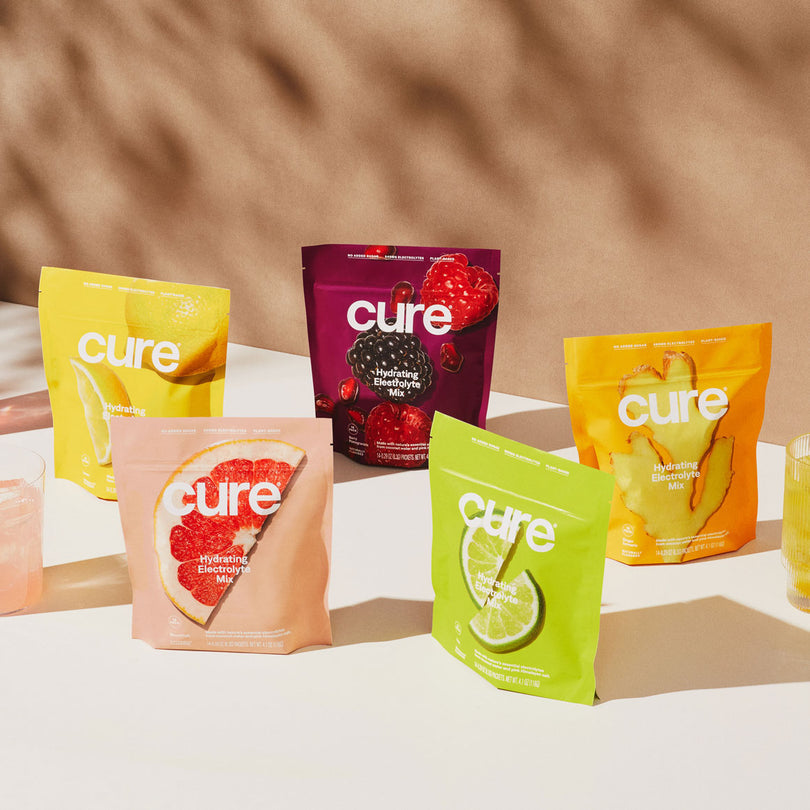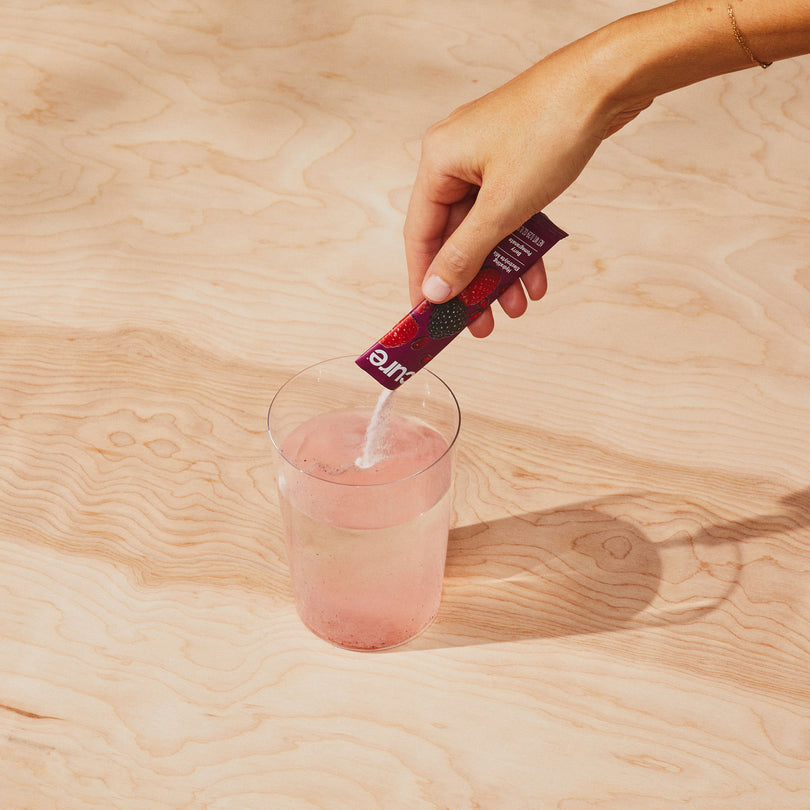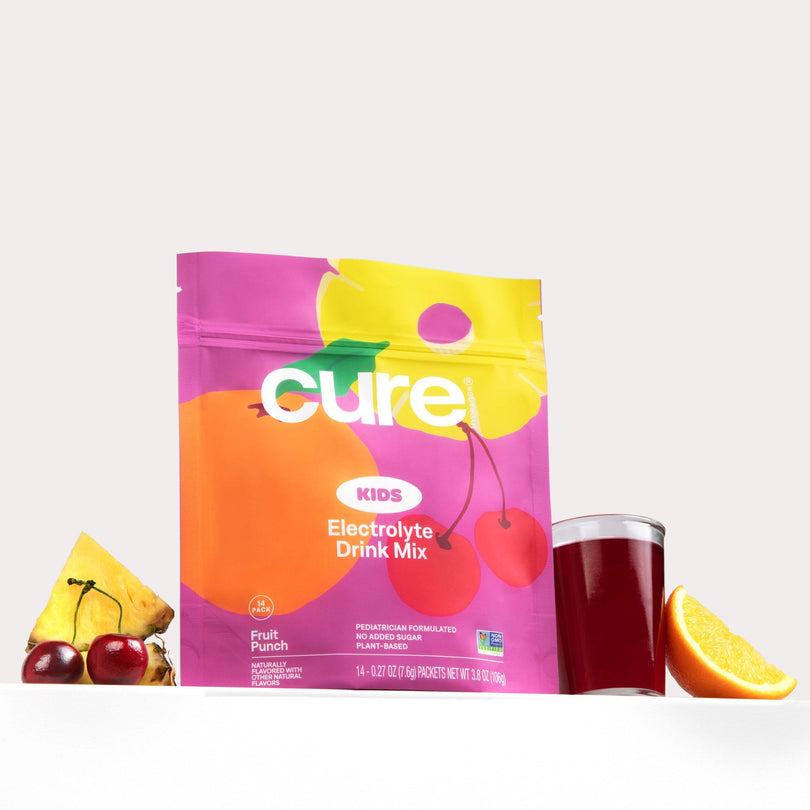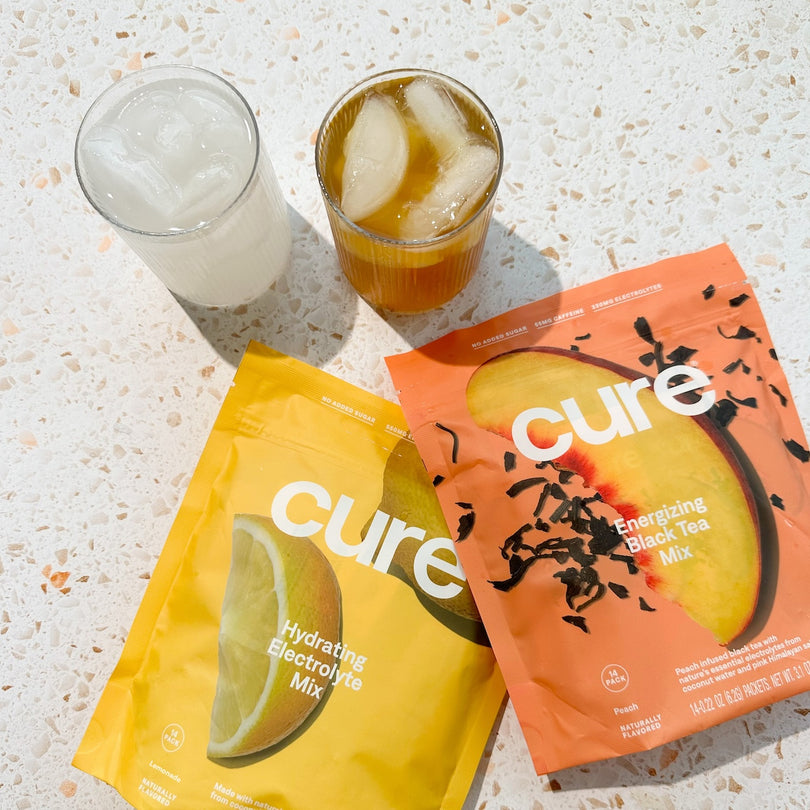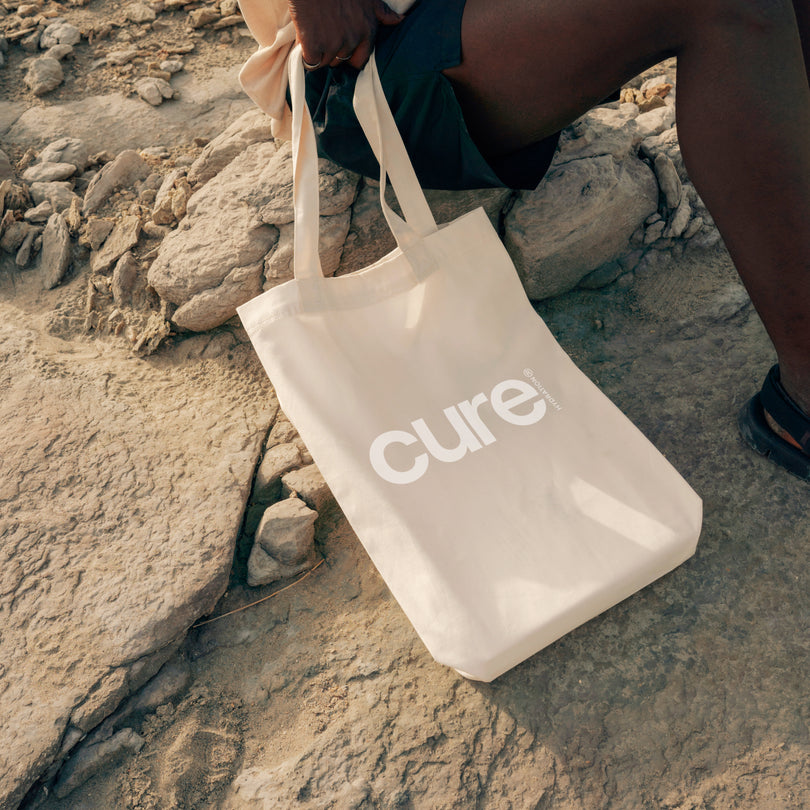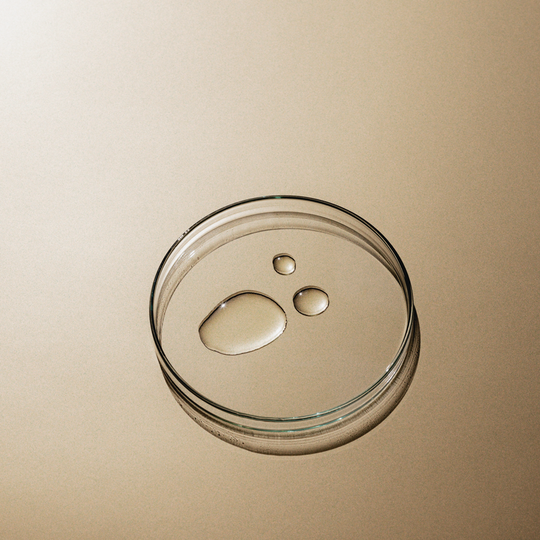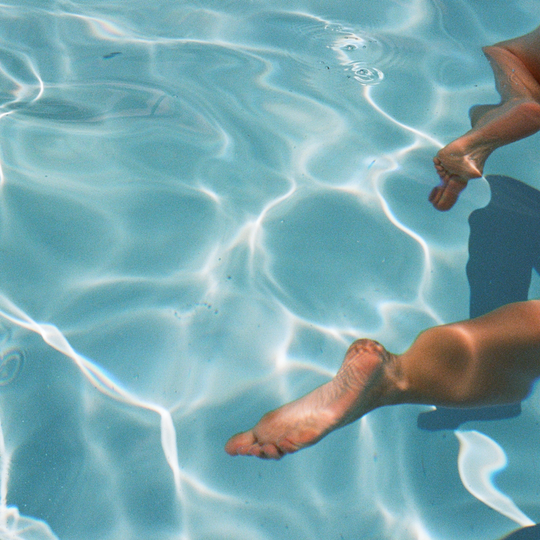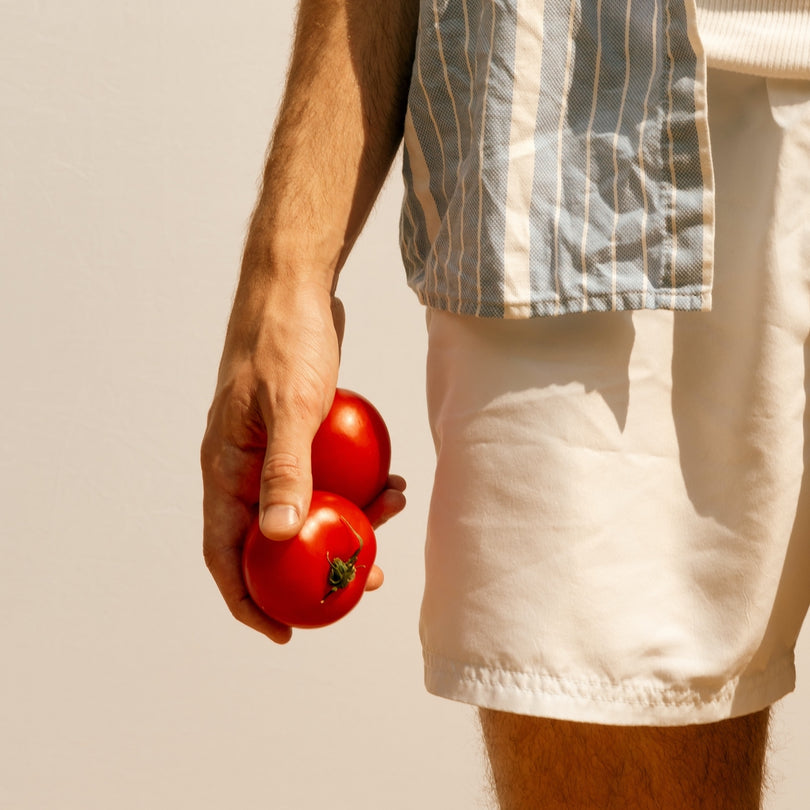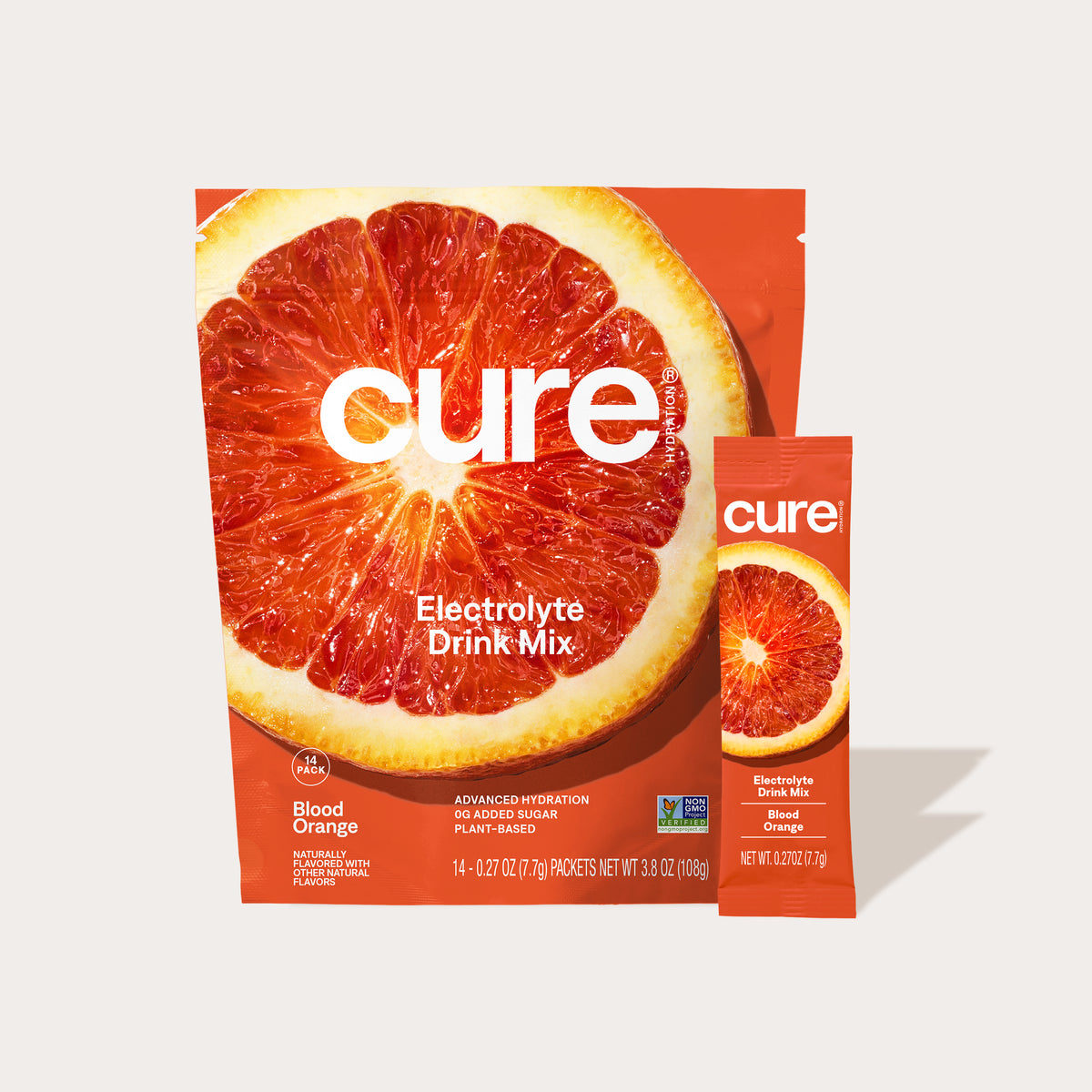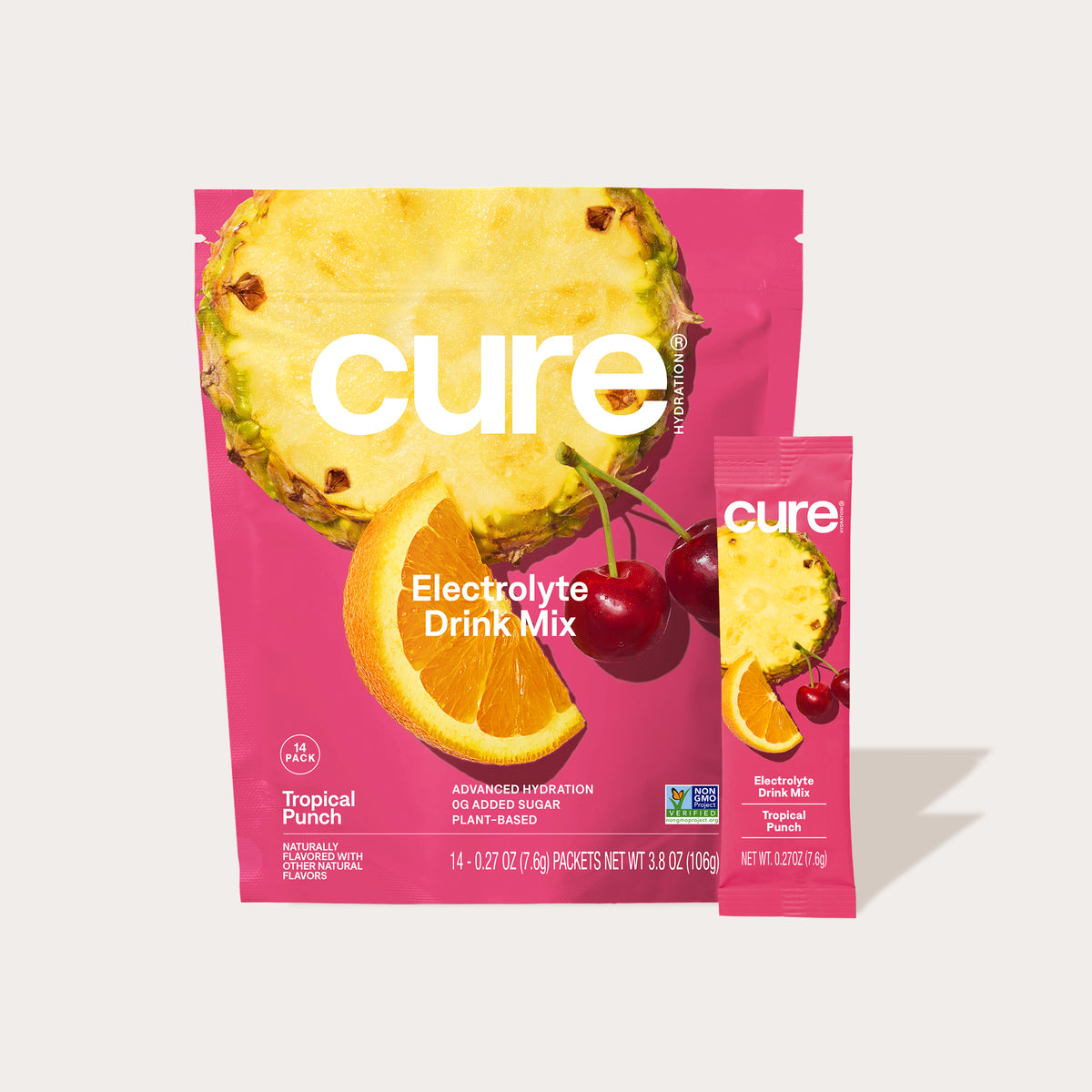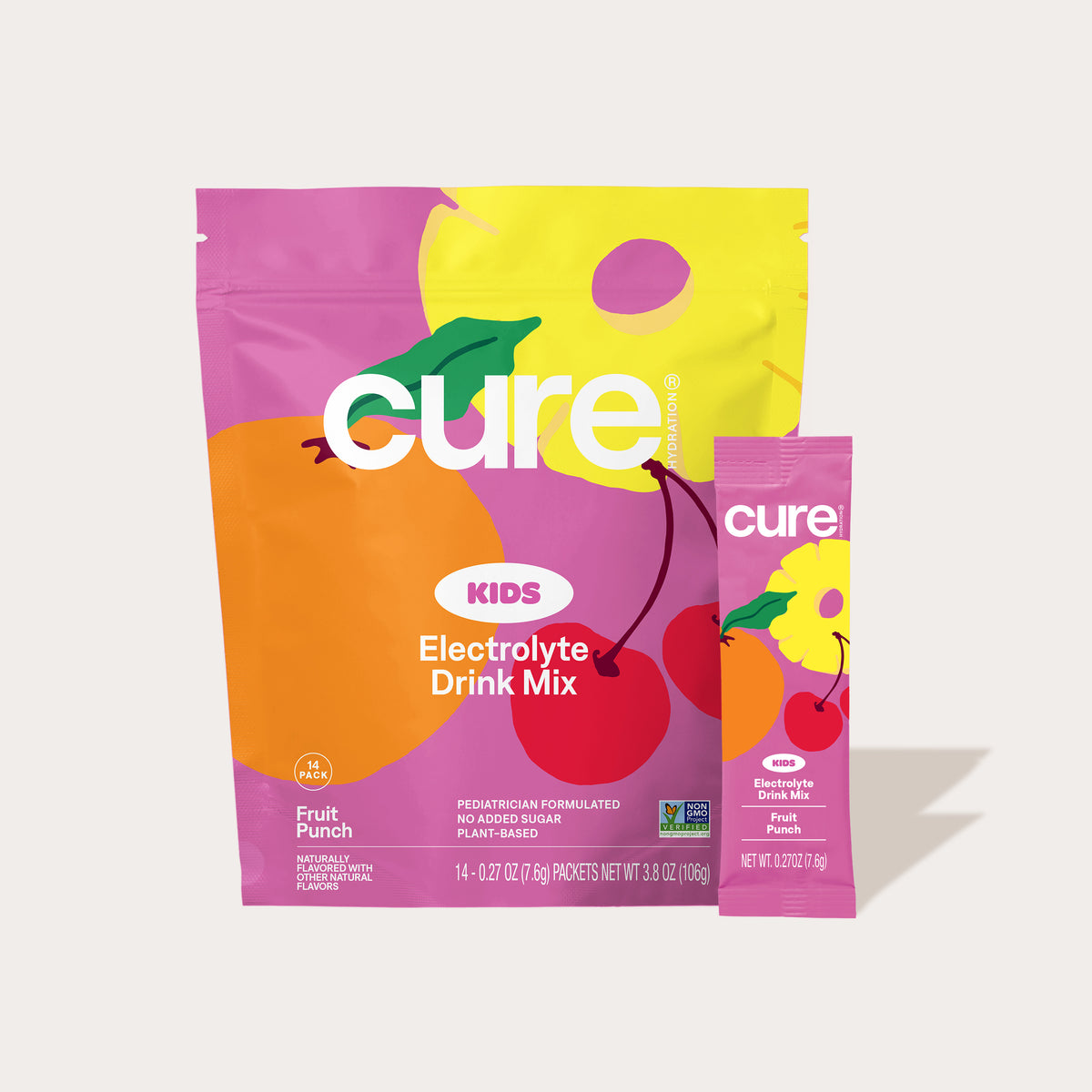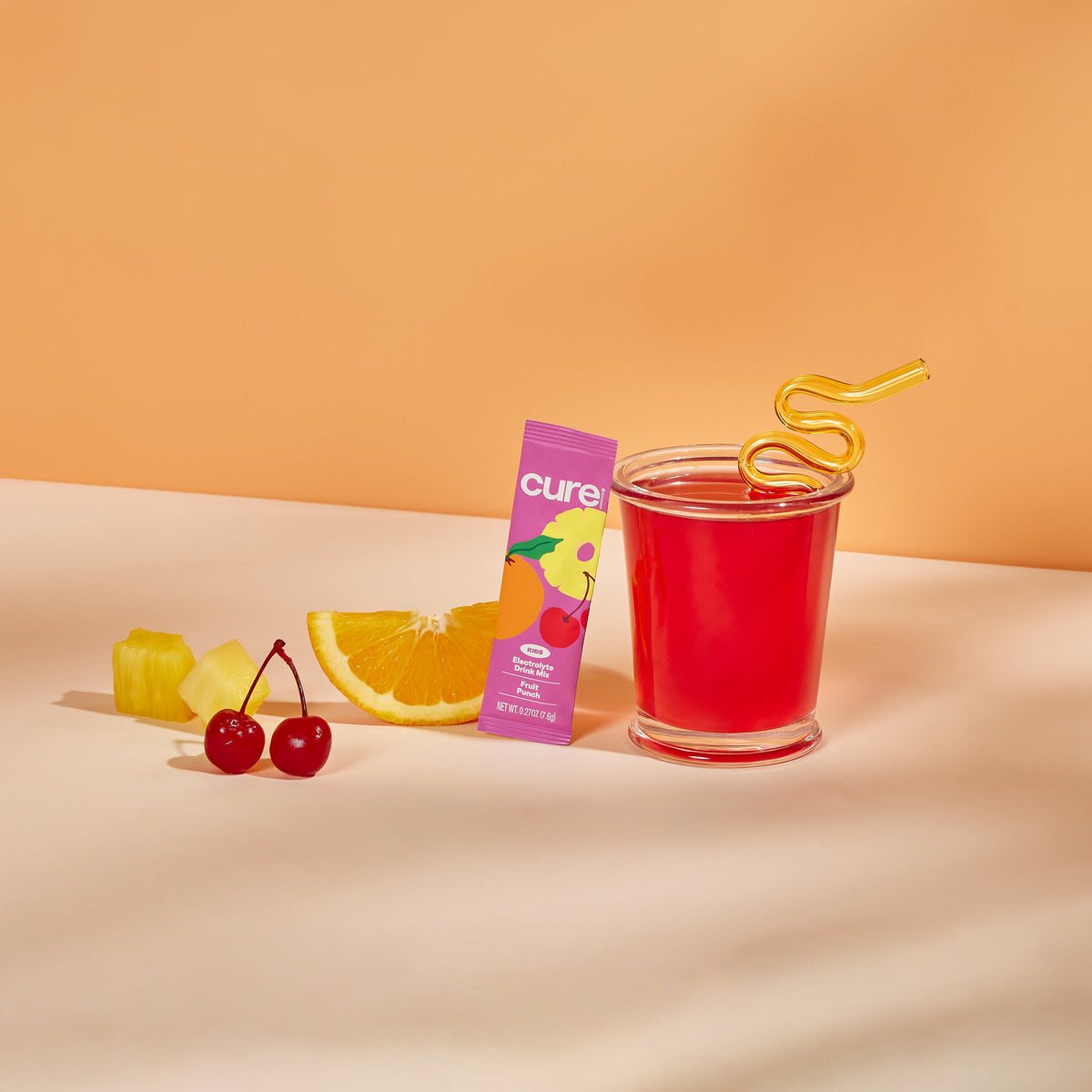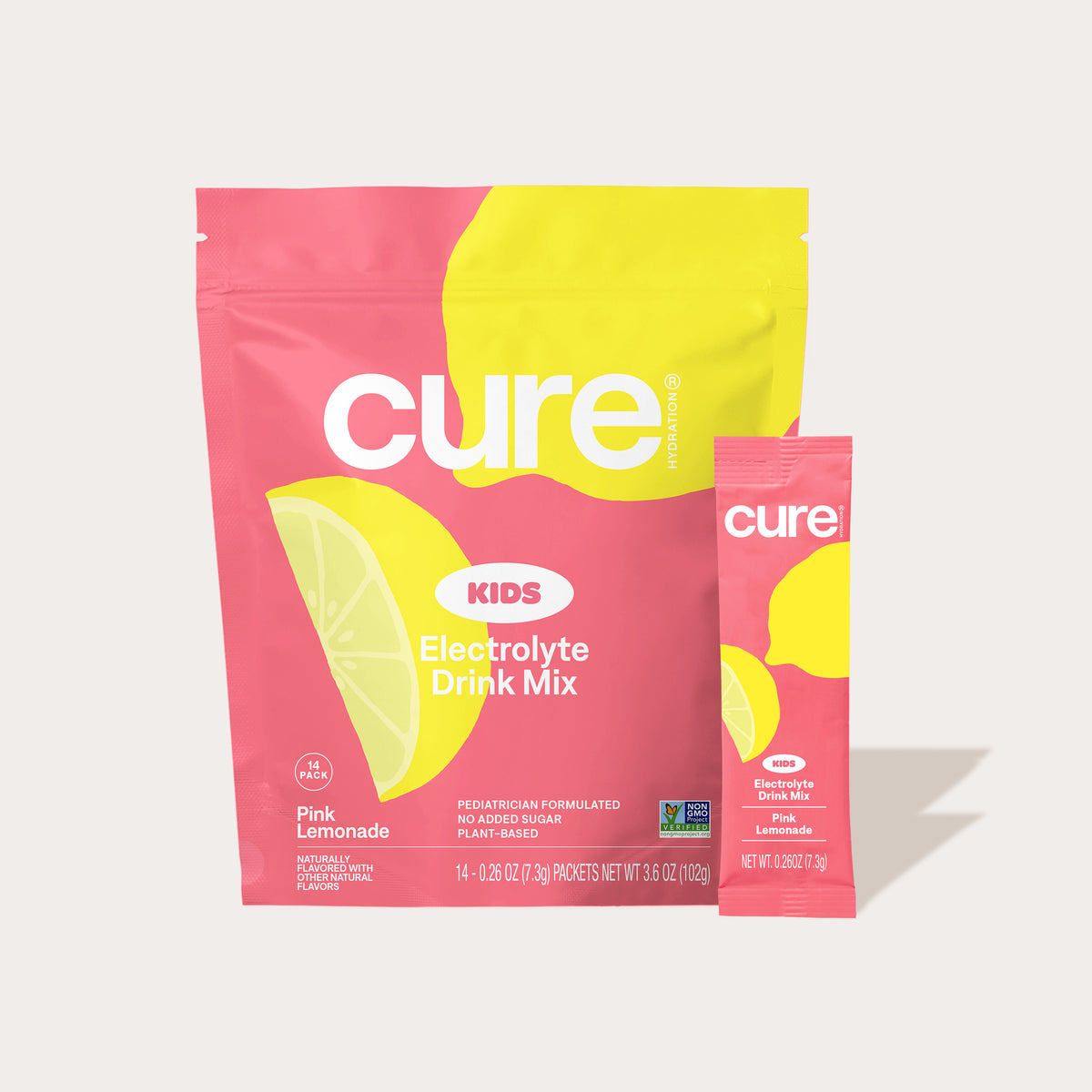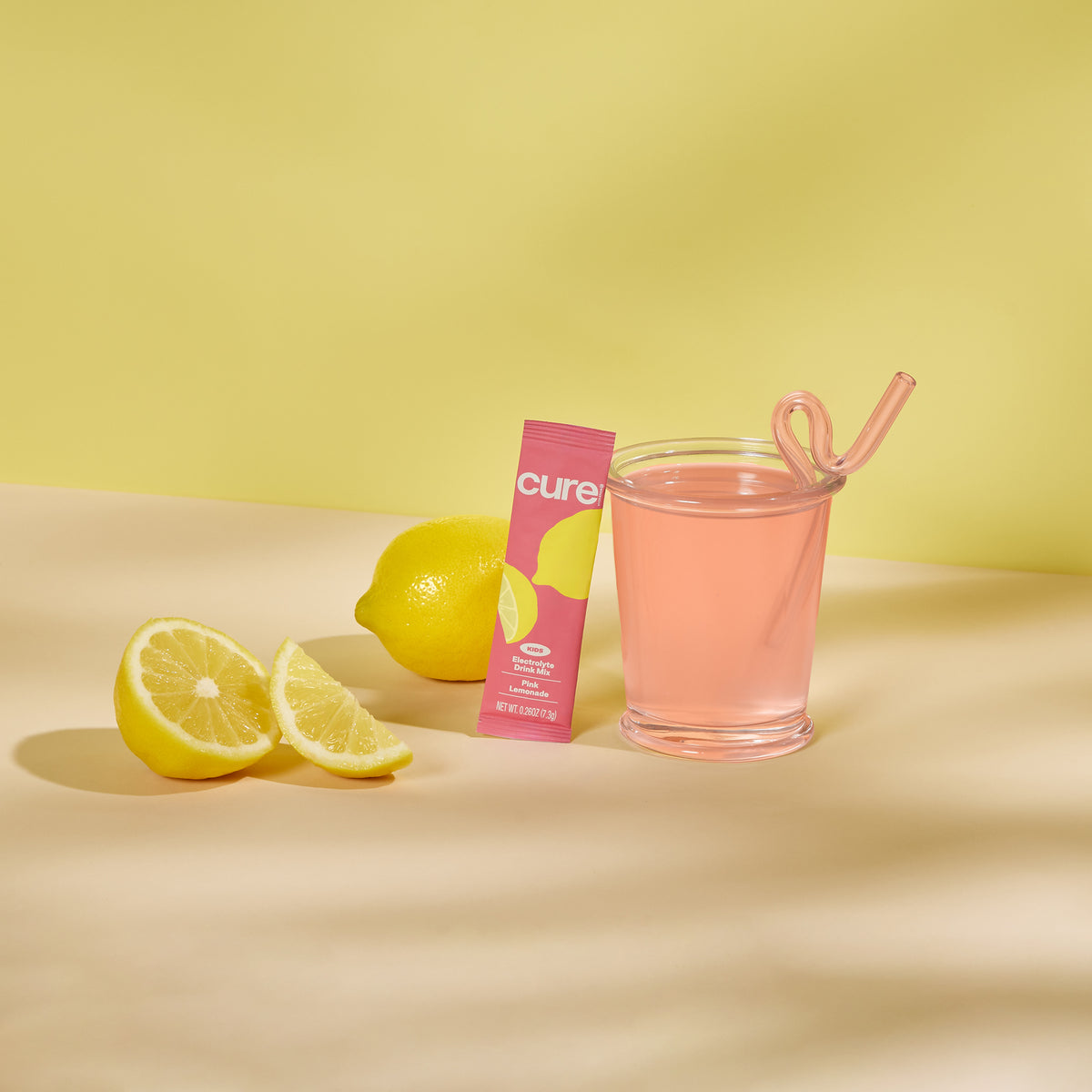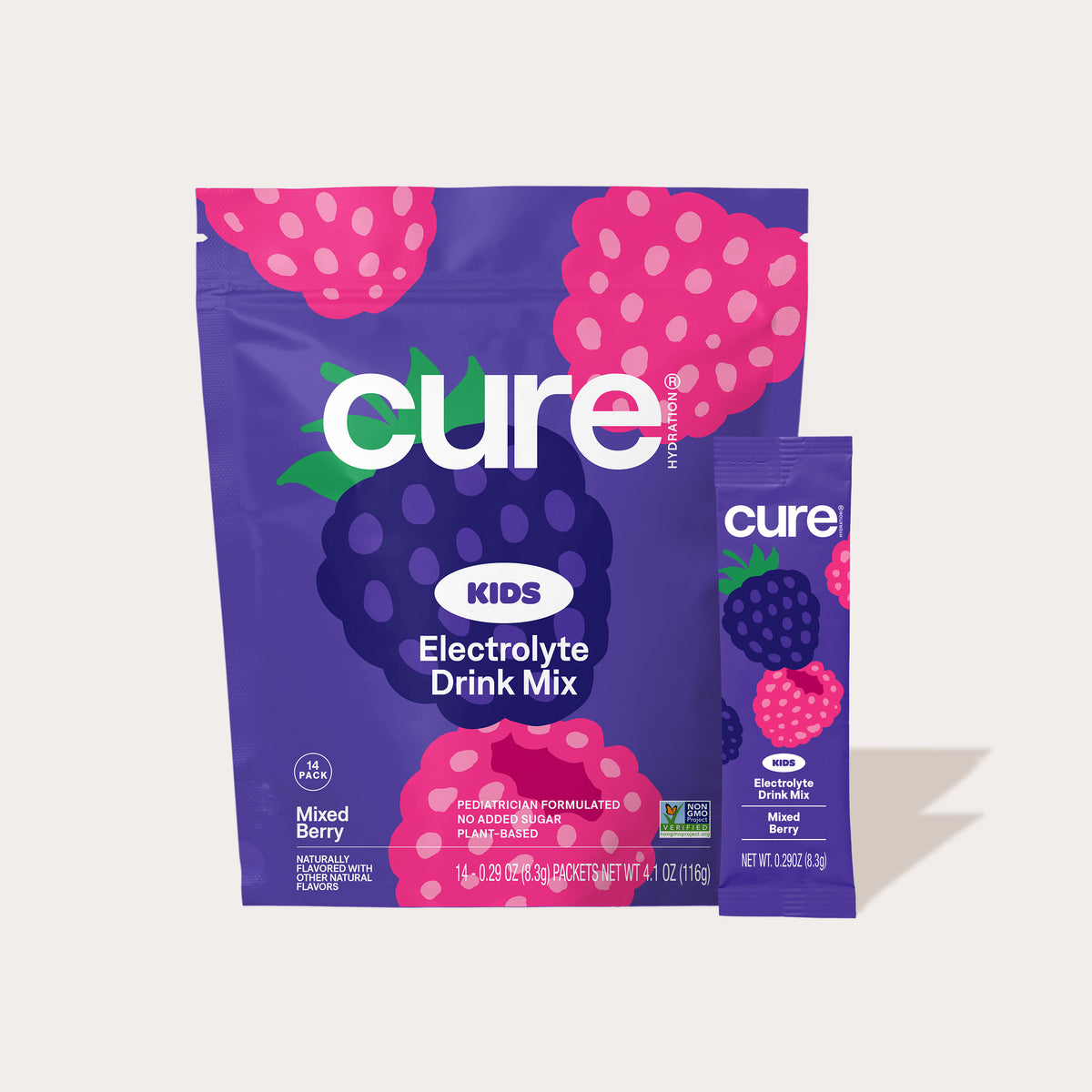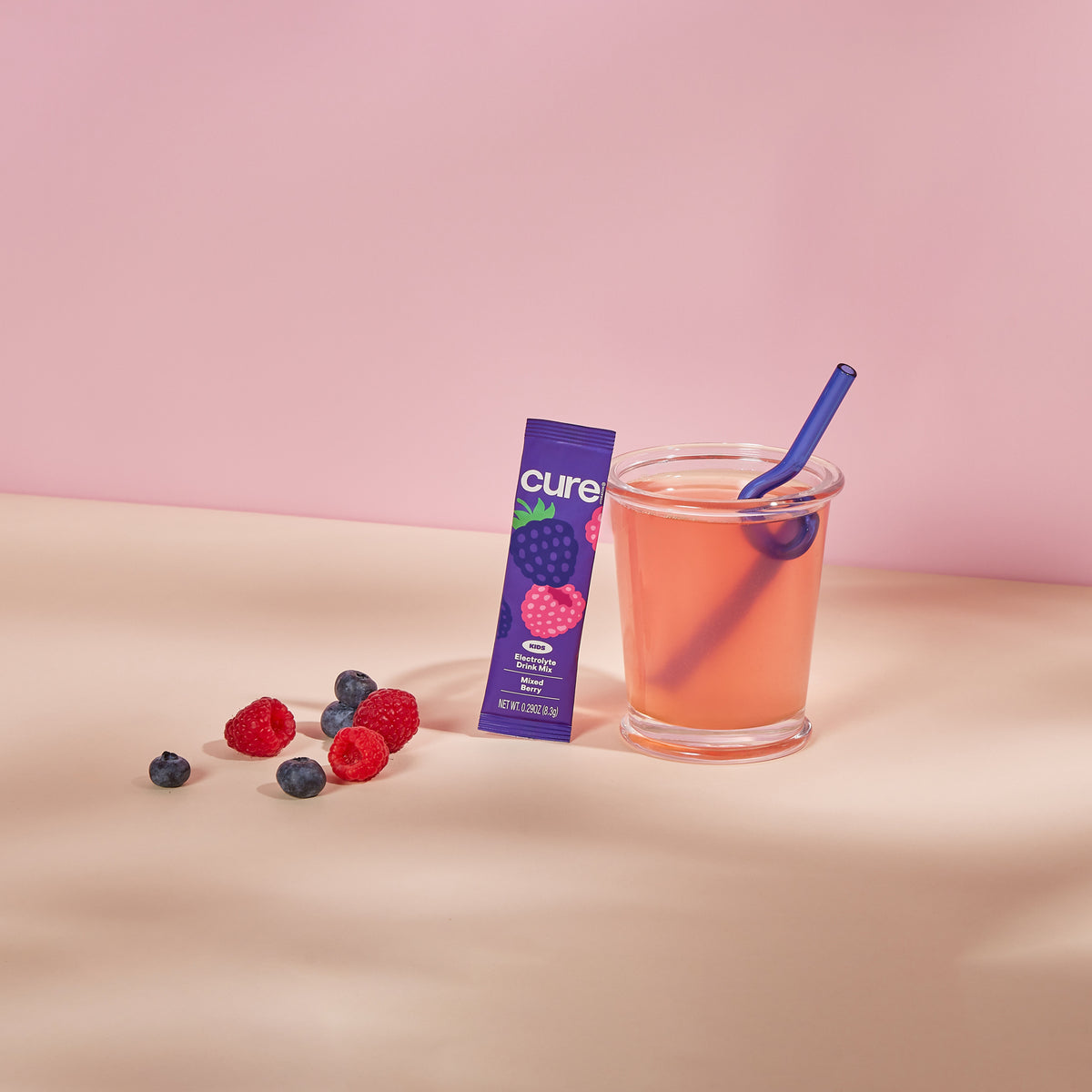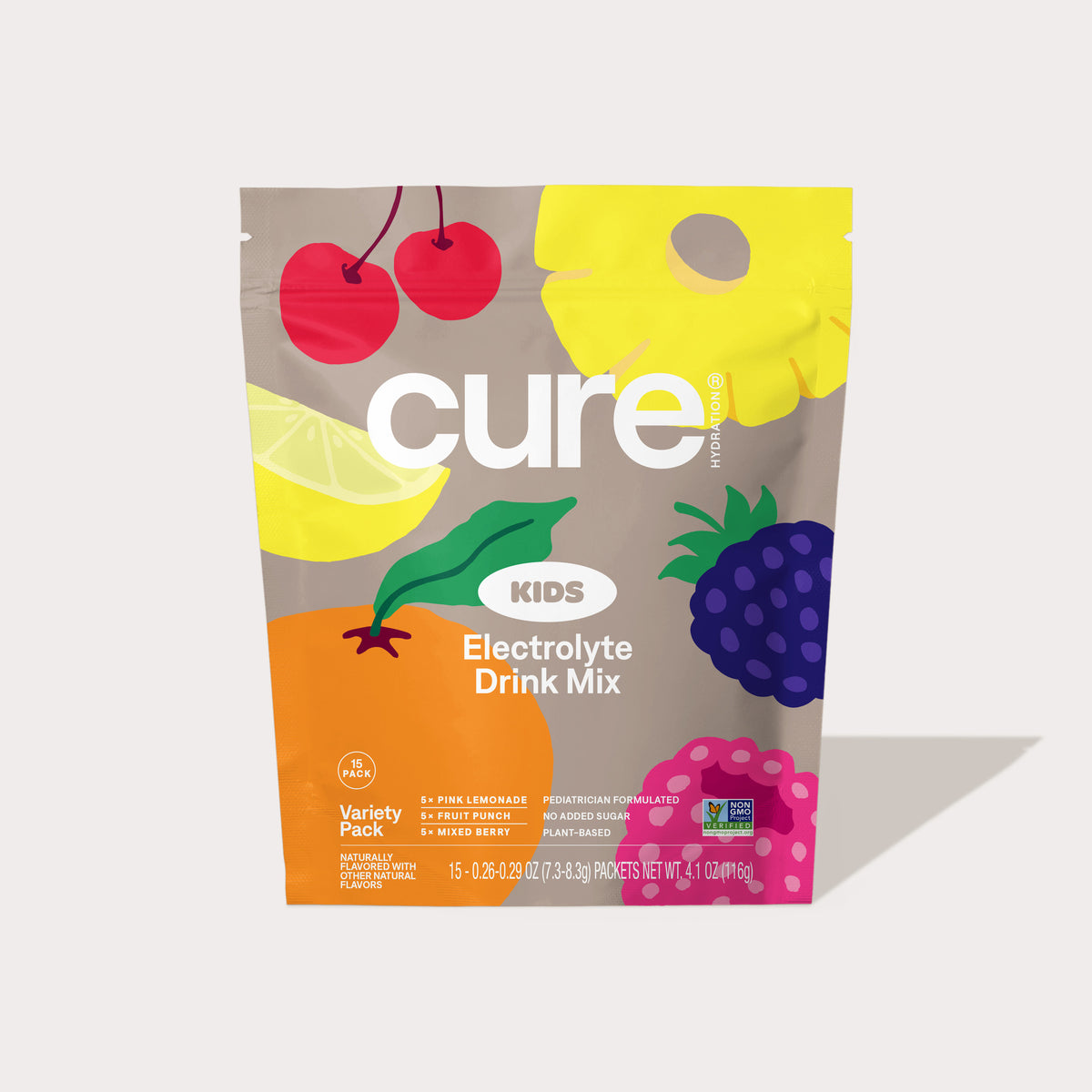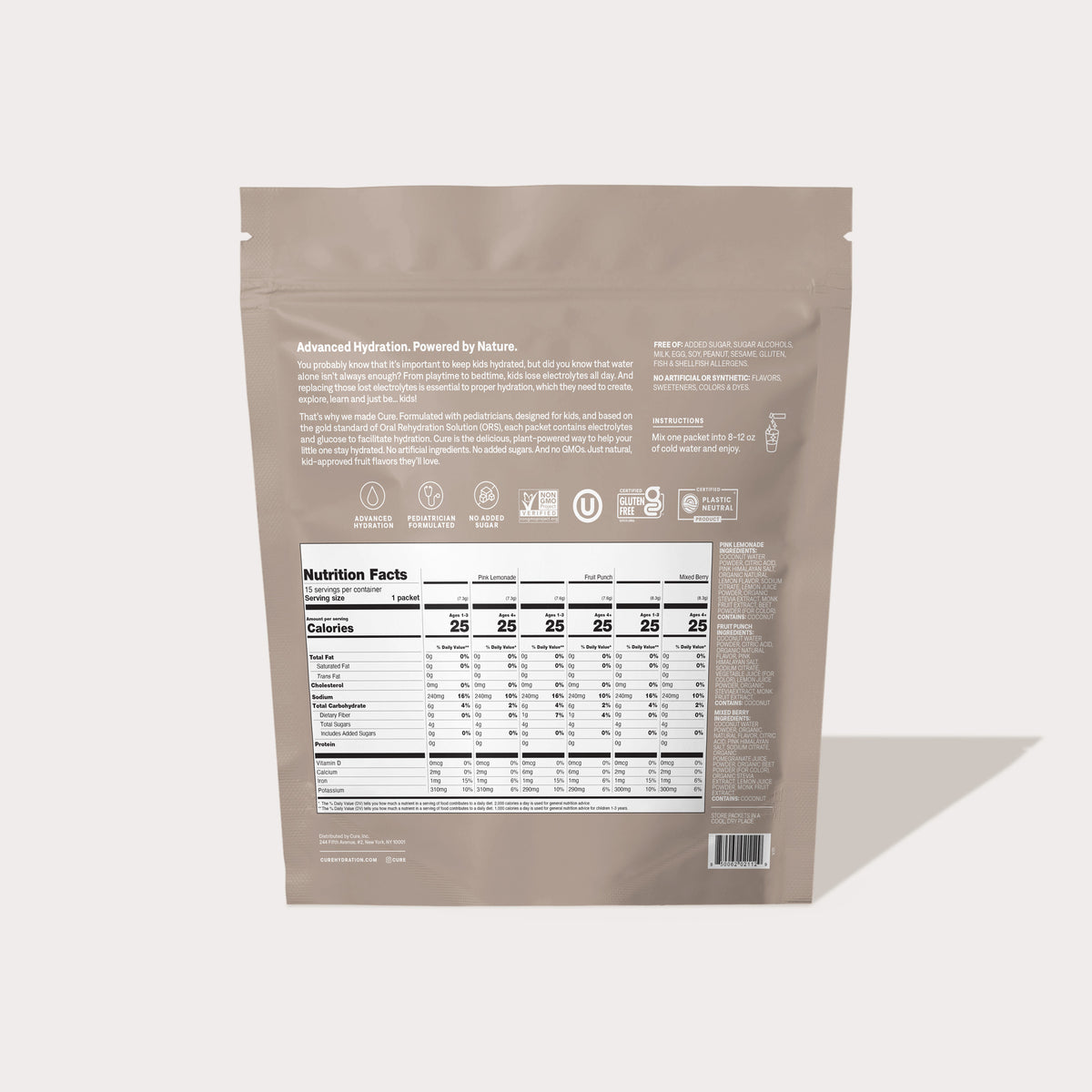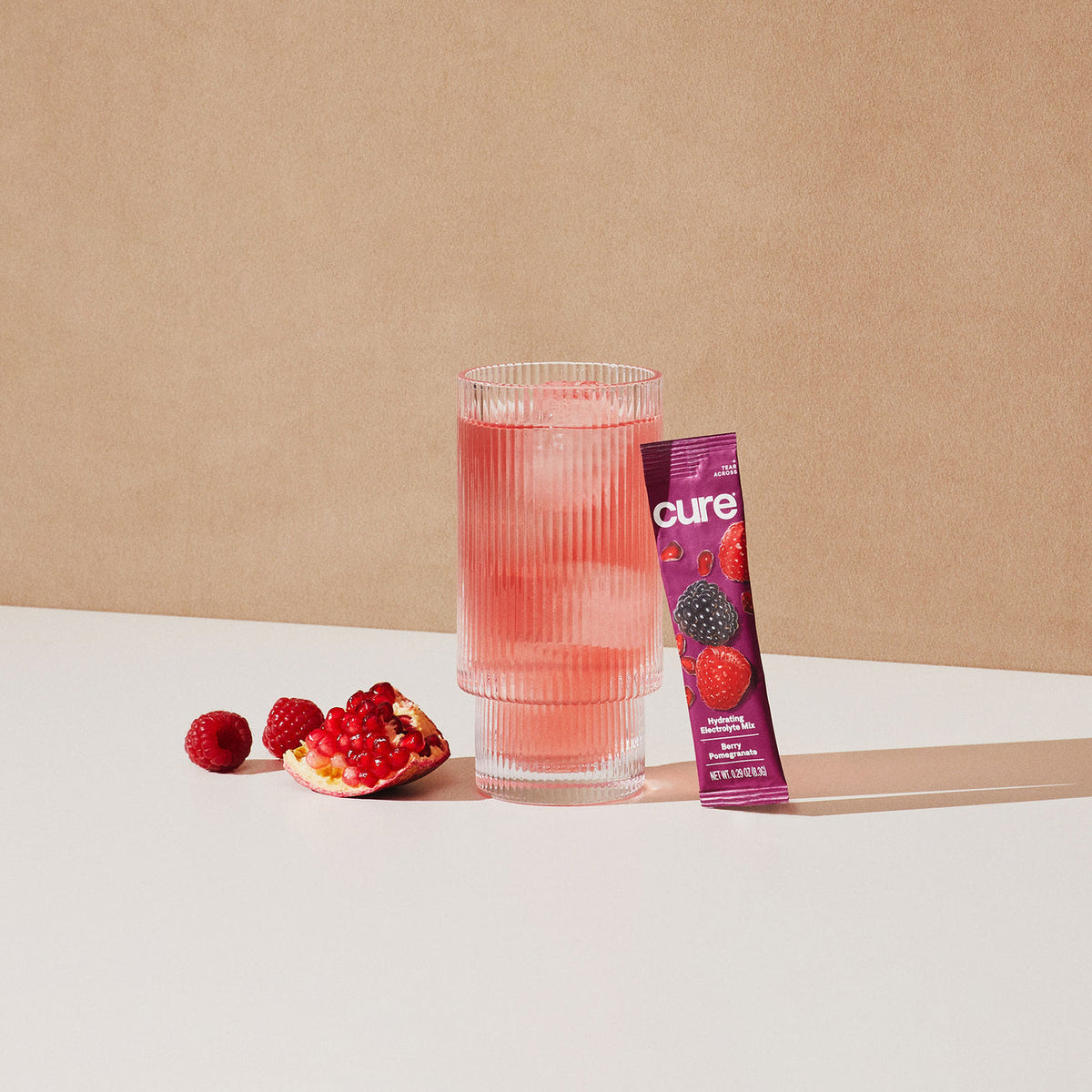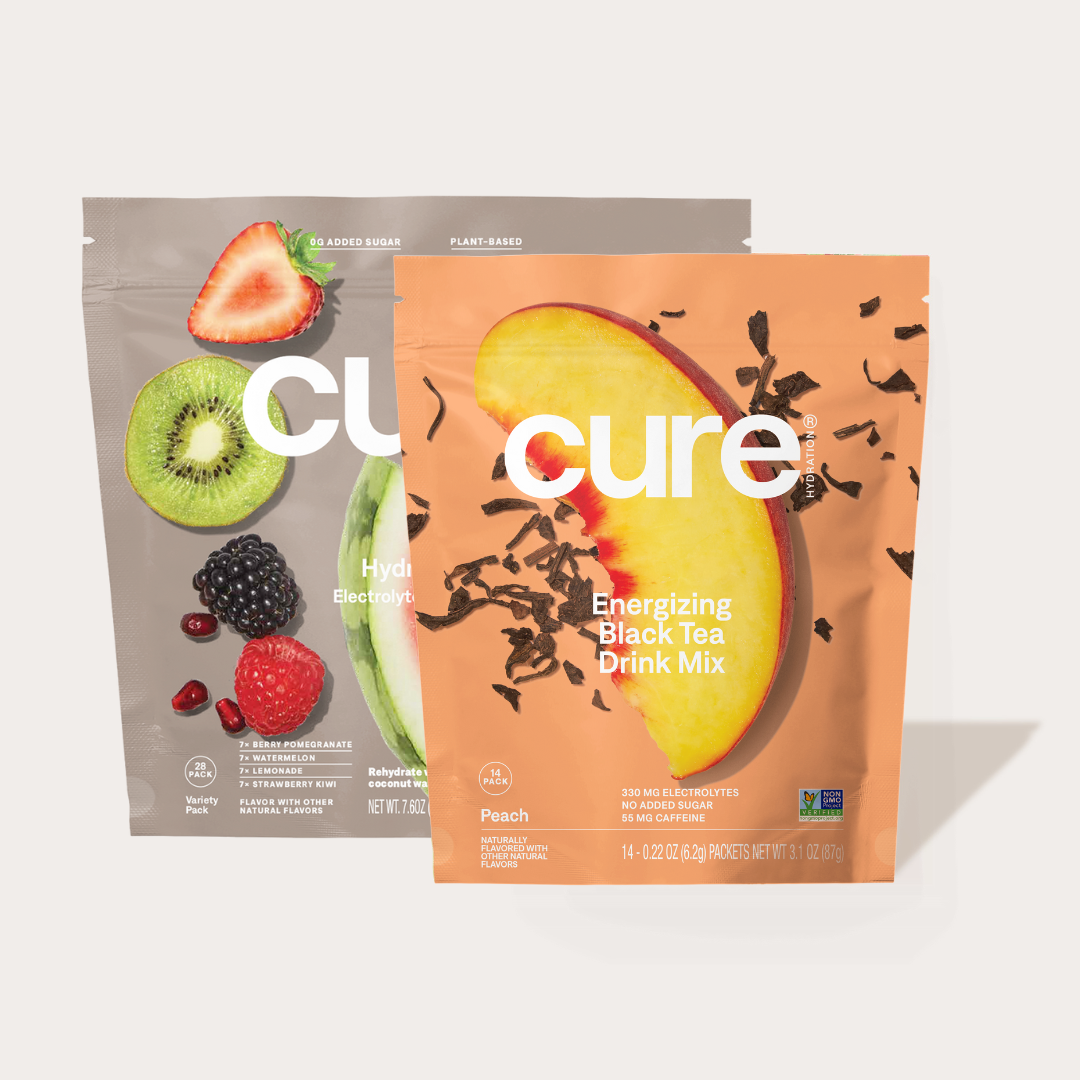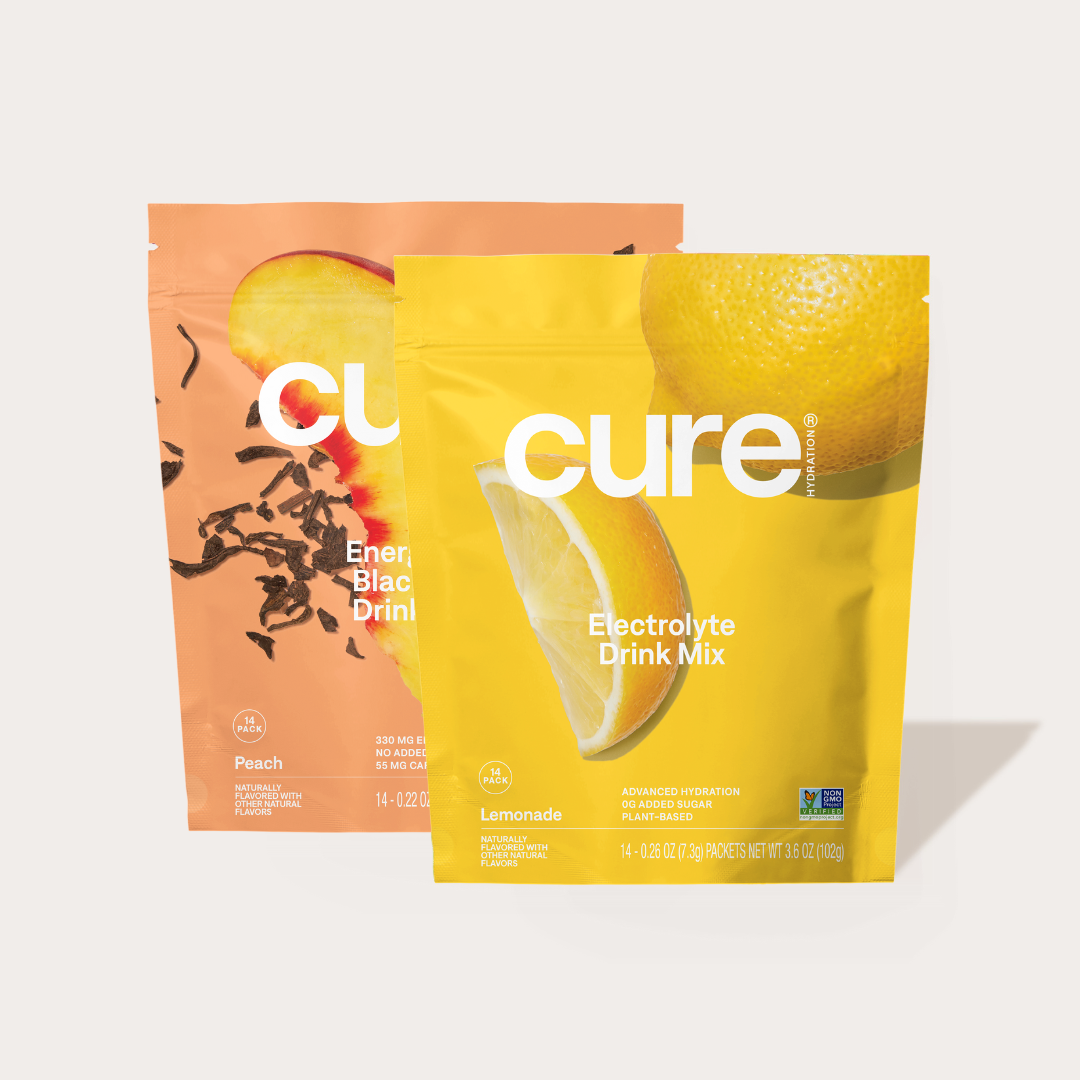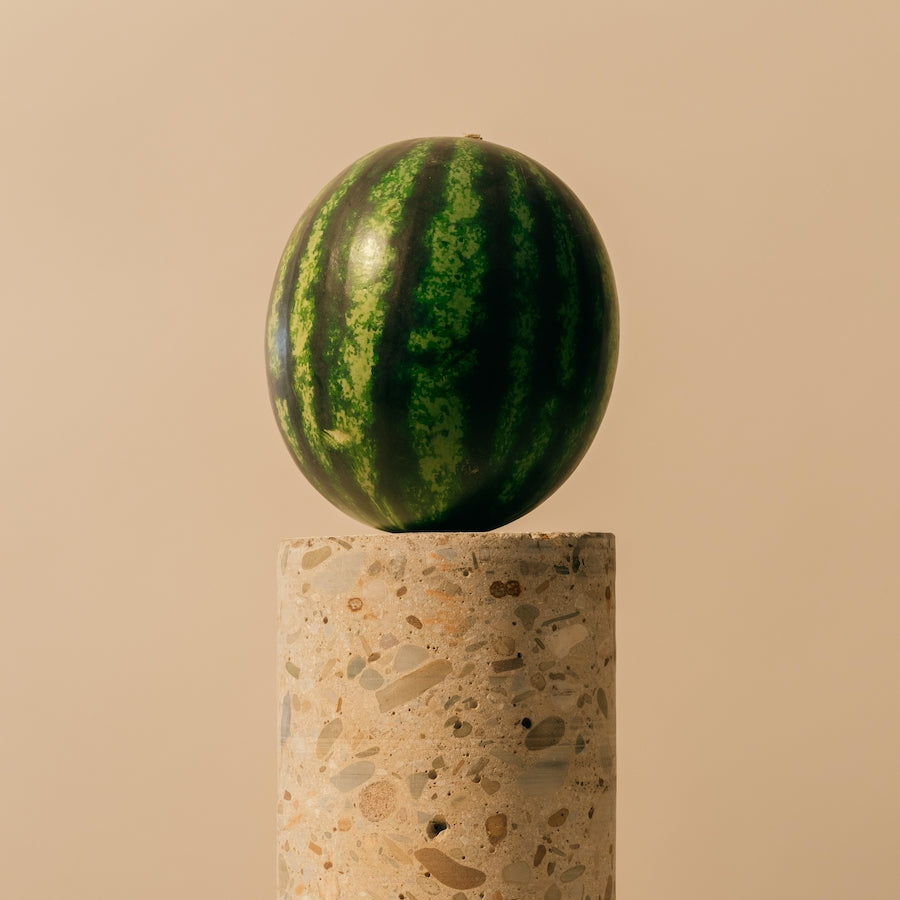It's simple: humans can't survive without water. At least no longer than approximately three days. However, as many as 75 percent of Americans are dehydrated right now. That probably includes you. How is that possible?
The human body can still function even when it doesn't have enough water, but it doesn't function at its best. The body is strong and can persevere through many challenges in life, but keeping your health in check should always be a priority. Don't take it for granted! The dangers of being chronically dehydrated are too big to ignore.
So if you’re wondering if your lack of water might be causing issues, it probably is if you aren’t getting enough water every day. Naturally, it’s important to double check with your doctor if you’re experiencing consistent symptoms, so use this as guidance as opposed to absolute answers to your problems. Here are some signs that your problems may be caused by dehydration.
Fatigue
Feeling sluggish and sleepy all of the time? When you exercise, it’s normal to feel exhausted afterwards, but ultimately exercise should make you feel more energetic and refreshed.
If you aren’t getting enough water, your body can’t recover from the fluids lost through your sweat. You can’t expect your body to feel at its best when it’s deprived of something it not only needs to function, but is what it is mostly made of. The brain alone is made of approximately 70 percent of water, so feeling constantly tired when you don’t have enough water shouldn’t be surprising.
Worse, constant fatigue can make you miss important deadlines, make you forgetful about basic things like switching the laundry or picking up the kids from school, and not being as alert to danger and making careless errors as a result. We all make mistakes, but if your fatigue is making you drop the ball all of the time, it’s time to evaluate what might be going on.
Headaches
Headaches can be caused by a lot of things, but did you know that one of them is a lack of water in the body? If your head has a dull and achy pain, it could be its way of begging you to drink more water. Before you reach for the pain killers, pick up a glass of water and see if the pain subsides after you let your body have a little extra H20.
Nausea and Vomiting
If you always feel sick to your stomach, especially after physical activity, it could mean you’re dehydrated. If you vomit frequently because of the constant nausea, then your body will continue to lose fluids. So not only can nausea and vomiting be a result of dehydration, it can make it much worse without proper intervention.
This doesn’t mean you should chug as much water as possible immediately. If your stomach is rumbling in an unpleasant way, you don’t want to irritate it further. Instead, consistently sip on fluids throughout the day as a steady stream as opposed to a vicious waterfall. As things improve, add more fluids and keep it up in your daily routine.
Kidney Stones
If you've ever gotten into an argument over what is the most painful thing to experience in your life, you're guaranteed to hear about childbirth. But childbirth may have a worthy rival, and it's kidney stones.
Kidney stones can happen when there isn't enough water to filter out oxalates, uric acid, or calcium in the urine and form crystals. They stick to the walls of your kidneys and may never cause an issue. The problem is when they do, you’ll be convinced something more serious is happening.
Extreme, persistent discomfort in one side of the back or abdomen, nausea, vomiting, and an inability to properly urinate are the staple signs of a kidney stone. These are caused by a tiny stone getting stuck in your ureter on its way out of your body. In extreme cases, surgery is required to break up bigger stones that cannot pass on their own. Long story short, kidney stones are painful and expensive to experience.
Besides making sure you stay hydrated, you should also be mindful of what color your pee looks like. It should be a pale yellow color or as close to clear as possible. If your urine is dark, that can mean you don’t have enough water to filter out the things that need to exit your body. That’s where the kidney stones come into play. Those minerals have to go somewhere, and we can assure you that you don’t want them to stay inside of your body.
How to Prevent Chronic Dehydration
This is the part you really came for, right? It’s not enough to go on and on about the dangers of dehydration without a solution. Here are a few ways to combat chronic dehydration so that you can live your best life.
Drink More Water
For those of you who don’t meet the minimum requirement of daily water intake, this is the first and most basic step. For adults, this means at least eight cups of water a day, especially drinking enough before and after working out or doing anything else that causes you to sweat.
If you have a habit of drinking sugary drinks, this may be causing part of your dehydration to begin with. It might be a good idea to stop drinking sugary sports drinks and replace them with something like Cure products instead. If that doesn’t do the trick, it may be necessary to drink a few more cups a day to see if that makes a difference. If not, we have a few other solutions.
Cut Down on Salty Foods
One way you may be counteracting all of your efforts to drink more water is by eating too many foods that don’t support hydration. Fruits and vegetables both have high contents of water, which aids in supporting your body’s overall hydration levels. But if you’re one to opt for chips or cheese as a snack, the lack of water and abundance of salt could be counteracting the benefits of drinking more water to begin with.
Any snack in moderation is fine, but carefully look at the serving size to make sure what you’ve been consuming is on par with moderation in the first place.
Watch Your Alcohol Intake
We’re going to be preachy about consuming things in moderation again, but if you’re going to enjoy a daily glass of wine, you need to also enjoy a diet rich with water and foods with a high content of water. Just because wine is partially made from grapes doesn’t mean it can replace the nutrients in a regular bunch of grapes. Sorry, but it’s unfortunately the truth.
Choose an Oral Electrolyte Solution
That’s a mouthful to say, right? If you’re unfamiliar with what an oral electrolyte solution is, which is also called an oral rehydration solution, it is a drink that is outstandingly effective in rehydrating someone with non-severe levels of dehydration. They can come pre-made in bottles or as a drink mix to add to water.
If you’re unfamiliar with what electrolytes do, they’re just as important to the body as regular water. They support nervous and muscular system functioning and keep your body’s pH levels balanced so that you can, well, exist. If you don’t have enough of them, water can only do so much to help you.
The problem with a lot of modern electrolyte solutions is that they can have ingredients that aren’t the best for you. Maybe even some ingredients that make drinking it pointless, such as sugary or unnatural contents. Or it has added flavors that come from questionable origins or aren’t honestly labeled.
Pursue a formula that is made with you in mind. We’re talking about pure ingredients that don’t leave you wondering what you’re putting in your body. That’s why Cure was created.
Defeat Dehydration by Choosing Cure
Cure exists because of one person’s need to find a solid solution to dehydration and electrolyte imbalance without sacrificing premium ingredients and scientifically-proven results.
Here at Cure, we believe that proper hydration is the foundation of health and an effective way to boost your overall health. With clean ingredients, science-backed products, and water - our hydration products will help empower you to live a healthier life.
We exist to empower others to live better and healthier lives with clean and effective products.
We have a mission to always put you in mind. If there’s a better way to do things, then we’ll do it. Most of all, we want to be trustworthy and transparent with our customers, and we live by these promises to you.
Happy, Healthy Hydration with yours truly, Cure Hydration.
Sources:
How Long Can the Average Person Survive Without Water? | Scientific American
The Water in You: Water and the Human Body | USGS

